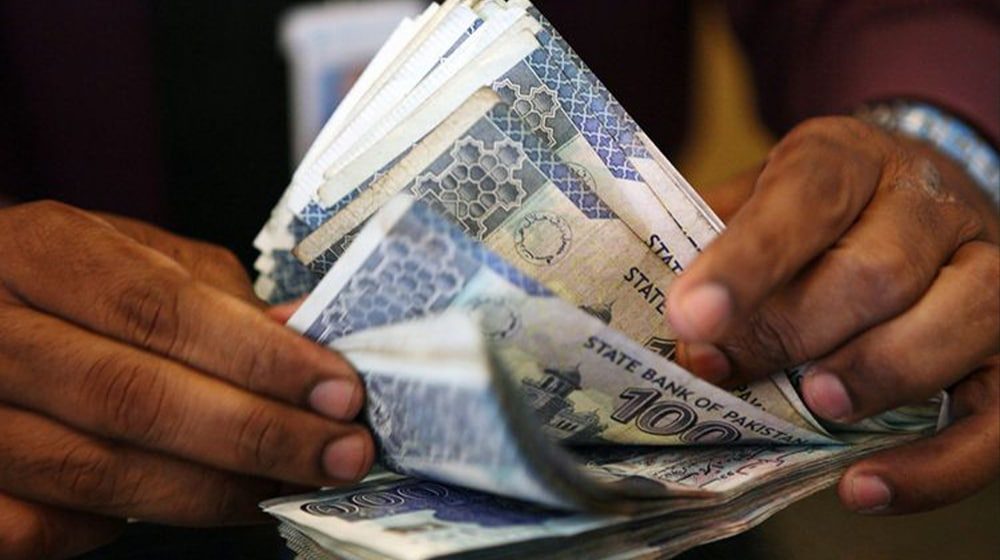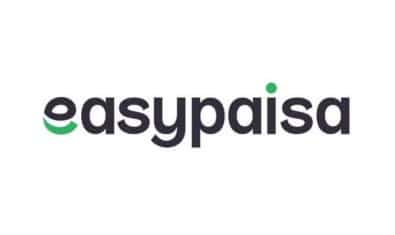The proportion of people paying for their own medical costs accounts for 60 percent of the health expenditures made through the private sector, of which 88.6 percent are out-of-pocket (OOP) health expenditures by private households.
According to National Health Account (NHA) projections released yesterday, people spend more on healthcare than the government, roughly Rs. 775.412 billion, compared to Rs. 468.228 billion spent by the federal, provincial, tehsil, and district governments in 2019-20.
The total health expenditure in Pakistan in the fiscal year 2019–20 is estimated at Rs. 1,466 billion. This shows an increase of Rs. 260 billion over the fiscal year 2017–18, which is a 21.6 percent increase in nominal terms as it includes inflation of healthcare goods and services.
The annual per capita Current Health Expenditures (CHE) for Pakistan as per National Health Accounts (NHA) 2019–20 are $40.7 (Rs. 6,432), while in NHA 2017–18 it was $48.1 (Rs. 5,283), according to the Pakistan Bureau of Statistics (PBS).
The compilation of NHA-Pakistan reports follows international standards set by the World Health Organization (WHO) and the Organisation for Economic Co-operation and Development (OECD). This report presents the results for the fiscal year 2019–20, which is the 8th round of such a compilation. Earlier rounds were published from fiscal years 2005–06 through 2017–18.
As per the results of the financing agents for the fiscal year 2019–20, it has been observed that out of total health expenditure in Pakistan, 39.8 percent is made by the general government. Of the total general government health expenditures, 14.9 percent are incurred by the federal government, whereas 62 percent occur from its civilian part and 38 percent from its military setup.
Around 59.7 percent of health expenditures are made through the private sector, of which 88.6 percent are out-of-pocket (OOP) health expenditures by private households. Development partners and donor organizations have a 0.5 percent share in the total health expenditures of Pakistan for the fiscal year 2019–20.
The annual per capita CHE for Pakistan as per the NHA 2019-20 is $40.7 (Rs. 6,432), while in the NHA 2017-18 it was $48.1 (Rs. 5,283). According to the NHA-2019-20 report, the ratio of CHE to gross domestic product (GDP) is 3 percent, while the ratio of general government health expenditures to total general government final consumption expenditure is 10.4 percent. The ratio of private sector health expenditures, according to the NHA, over total household final consumption expenditure is 2.3 percent. OOP spending as a share of total current health expenditure measures the size of OOP in total national current health spending. It shows how much the health system relies on household OOP spending to finance it.
OOP spending is still the largest source of health care financing in five out of eight SAARC countries, as OOP spending is more than 50 percent of CHE. For the eight rounds of the NHA 2019–20, the results of the census of big hospitals and survey of the rest of the health care providers for FY 2009–10 have been extrapolated forward in order to arrive at the respective estimates for the year 2019–20. In its 8th round, the big advantage of including data from private healthcare providers is to authenticate or reconcile information based on demand-side data with that derived from supply-side data (private providers).
Despite its name, the “National” Health Accounts also provides figures for the four provinces: Punjab, Sindh, Khyber-Pakhtunkhwa, and Balochistan. It is not fully comprehensive as the total health expenditures for the provinces do not sum up to the national total.
For empirical reasons, only Rs. 1,338 billion of Pakistan’s total current health expenditures could be allocated to the provinces (regionalized). Overall, the results of the respective provinces show that the shares of financing agents for health expenditures are relatively heterogeneous between different provinces.






















